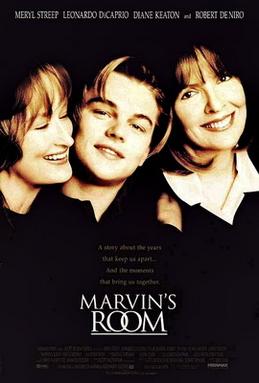Hidden Figures
(Theodore Melfi)

Hidden Figures is such a generic and non-memorable movie that I'm not shocked it was nominated for an Oscar. The thing about it is, it hits the right notes; which are very by the numbers. The film doesn't try to do too much, but tell a simple story of some pretty amazing people, but I didn't get to experience the struggle that much.
Hidden Figures tells the story of three African American women working for NASA during the space race, who try to navigate their way through racism and sexism to reach their goals of being treated equal.
Trying to tell 3 different biopics wrapped into one story might be difficult. Anyone of these ladies could have had their 'own' movie, but the film clearly favours Taraji P. Henson's mathematician Katherine Johnson. She's a genius, but will she ever have the chance to prove it to a white male dominated society? Once she is given that chance, she finds racist hurdles to overcome, she can't even go to the bathroom in the building she works at because it's designated whites only. While a truly sad thing to think about, the film unwittingly turns it into a piece of comedy when Kevin Costner smashes the 'Coloured' bathroom signs and tells people to pee wherever they want; "Here at NASA, we all pee the same colour". What a silly line to say and destroys any sense of human triumph that came before it.
Janelle Monáe plays Mary Jackson, whose story could also be a film on its own. Her storyline feels separate from the other two and ultimately feels short shifted because of that fact. Octavia Spencer is the third woman, Dorothy Vaughan, who sees an opportunity to learn about this new thing called an IBM computer and get a step ahead of the white women. She has a really great line that she delivers to Kirsten Dunst who says "Despite what you may think, I have nothing against y'all", Spencer's reply is simply "I know you probably believe that.”
The film isn't the in your face racism that we're really accustomed to. There is no KKK, burning crosses, hard language thrown towards people, but subtle racism behind a fearful exterior. That line I mentioned earlier encapsulates it. Asking a black woman why she is in a certain section of the library and not her own 'designated' area, then getting them thrown out when they say that their section doesn't have a particular book is a perfect scene to show what type of people we were, not so long ago. I appreciated this aspect to the story telling and it was probably the highlight of a really generic and by the numbers bio-drama.











